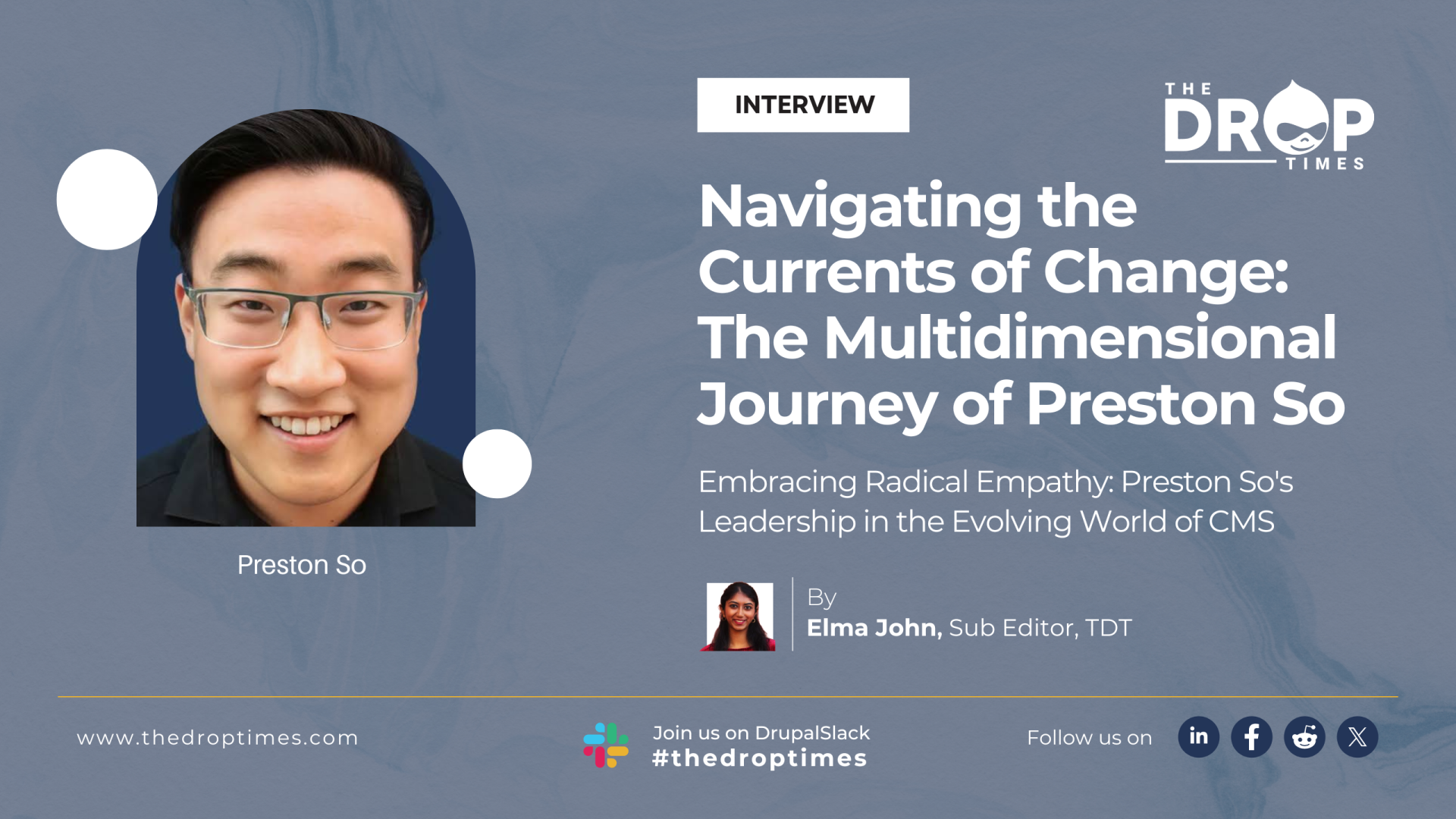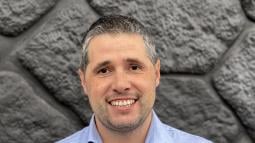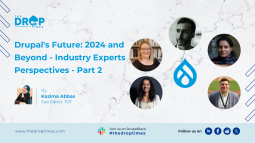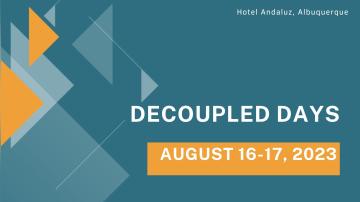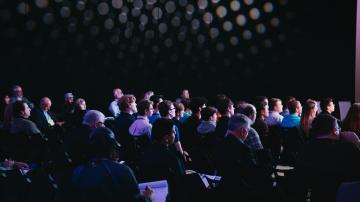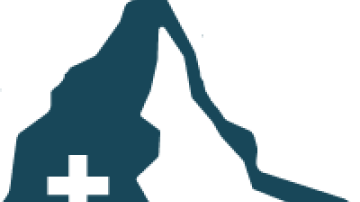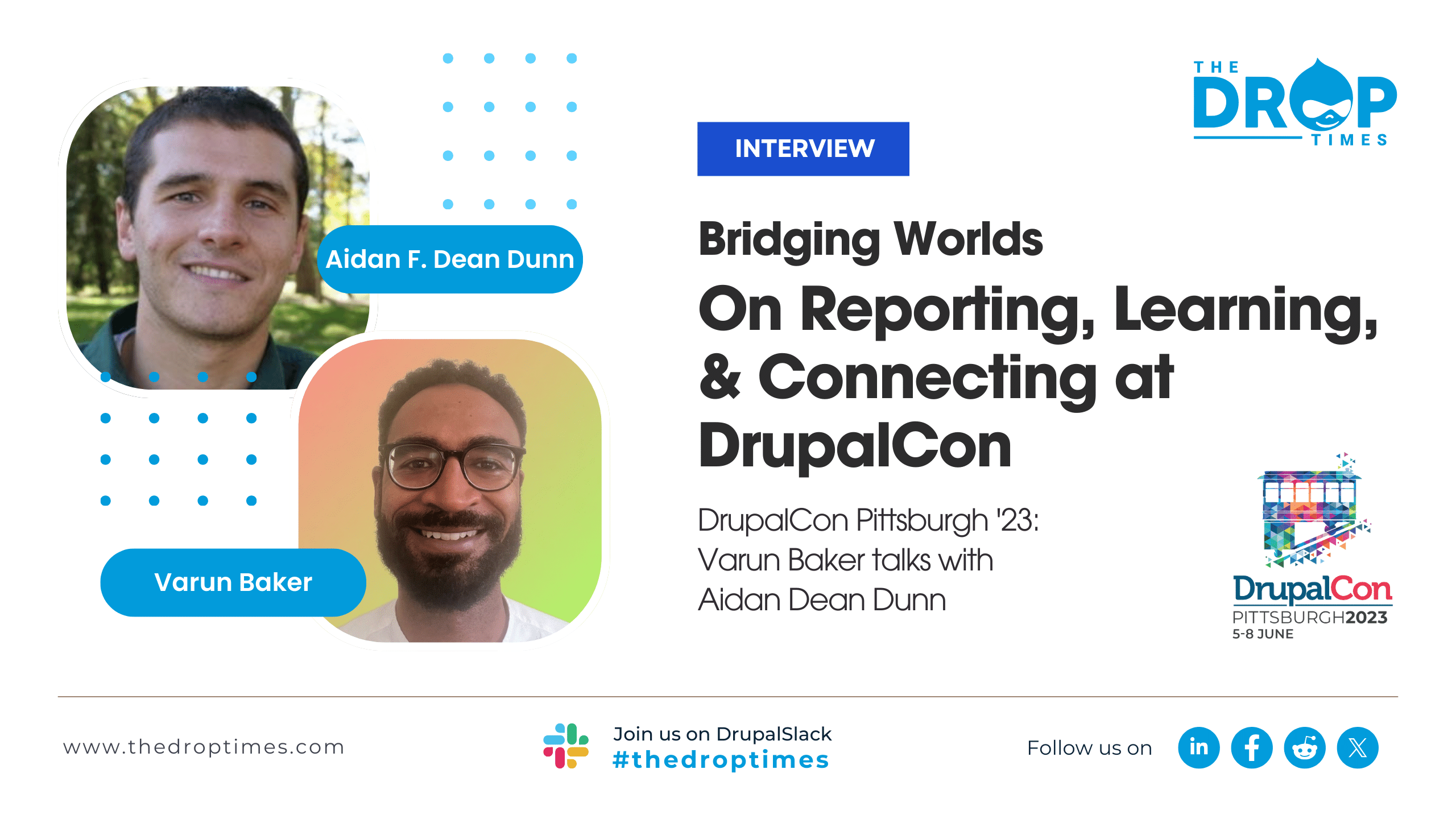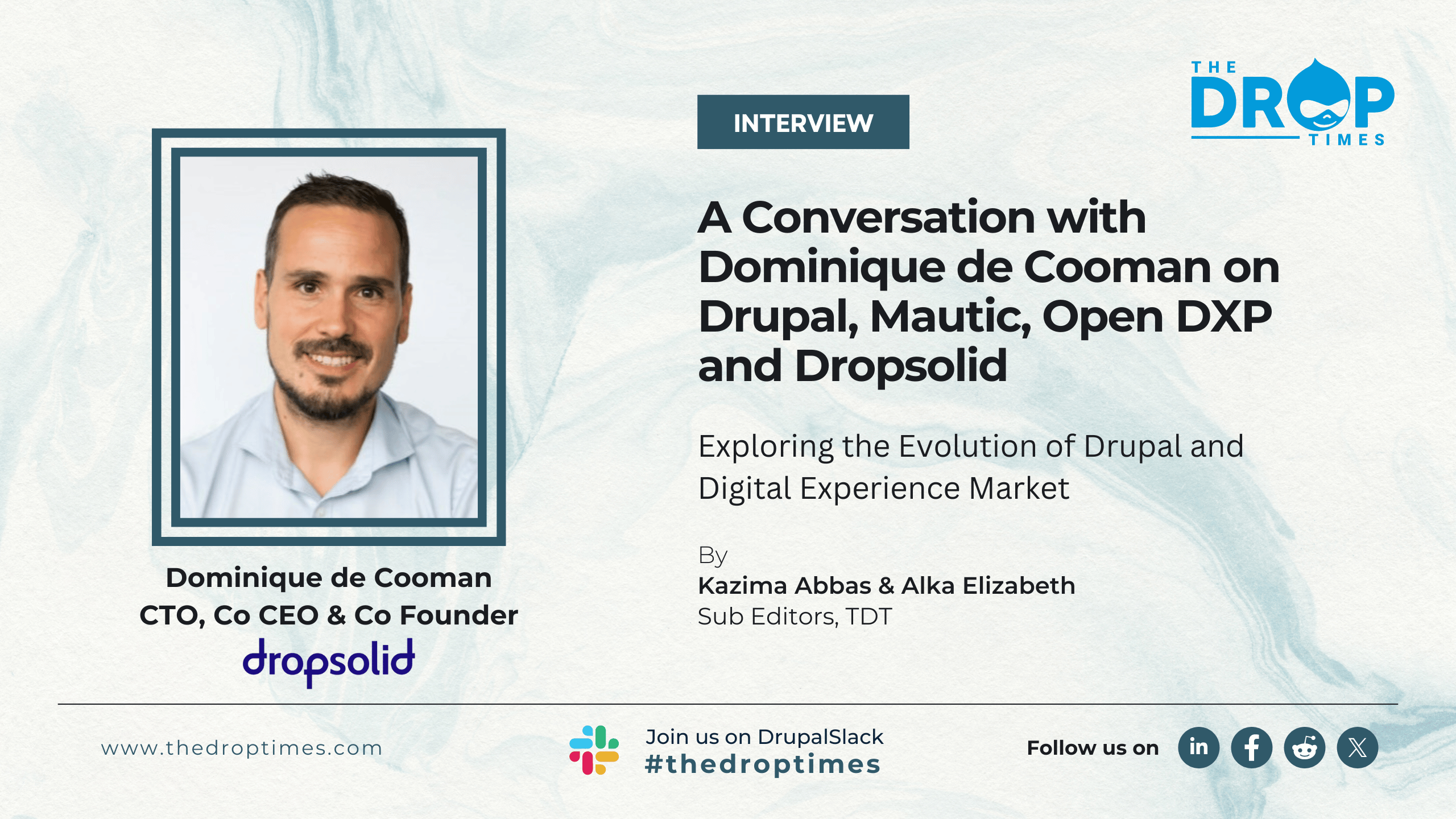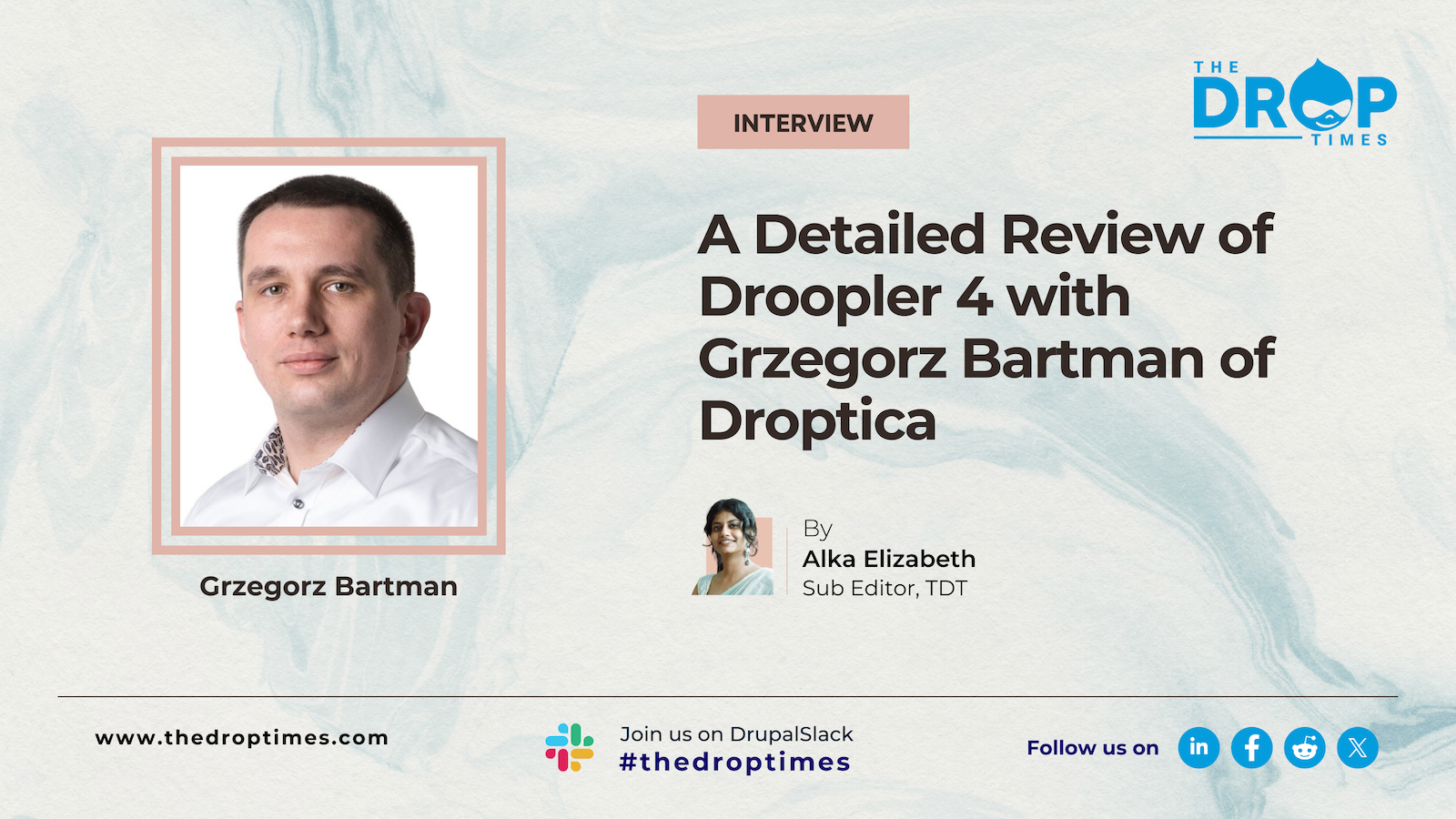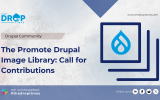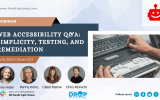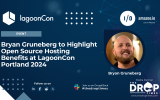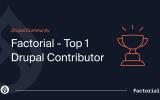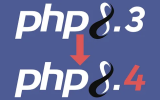Navigating the Currents of Change: The Multidimensional Journey of Preston So
Preston So stands out as a dynamic and multifaceted figure in software, renowned for his extensive and varied career spanning over two decades. With a background encompassing roles as diverse as consultant, freelancer, designer, developer, architect, evangelist, and product manager, Preston brings a unique blend of expertise and experience to the field. His leadership style is deeply informed by this variety, emphasizing a bespoke approach to each new team and organization, underscored by his belief in "radical empathy and radical vulnerability." Preston eloquently captures the essence of his leadership philosophy by stating,
"It’s important to approach every new team you work with and every new organization you join with a fresh set of eyes and a new perspective."
Beyond his professional endeavors, Preston's commitment to the Drupal community is notable, having been a significant part of it since 2007. His contributions span from code to community organizing, significantly influencing the evolution of Drupal and its ecosystem. This long-term engagement has not shaped his perspective andhasized the importance of learning and building in a public, community-driven environment. Reflecting on his extensive involvement, Preston shares,
"The evolution of Drupal and its community-driven orientation have inspired me deeply not only in my own open-source career but also in contributing back in ways that don’t necessarily revolve around lines of code."
His journey from a participant to a leader within the community exemplifies his dedication to open-source principles and his passion for continuous learning and contribution. Read on:
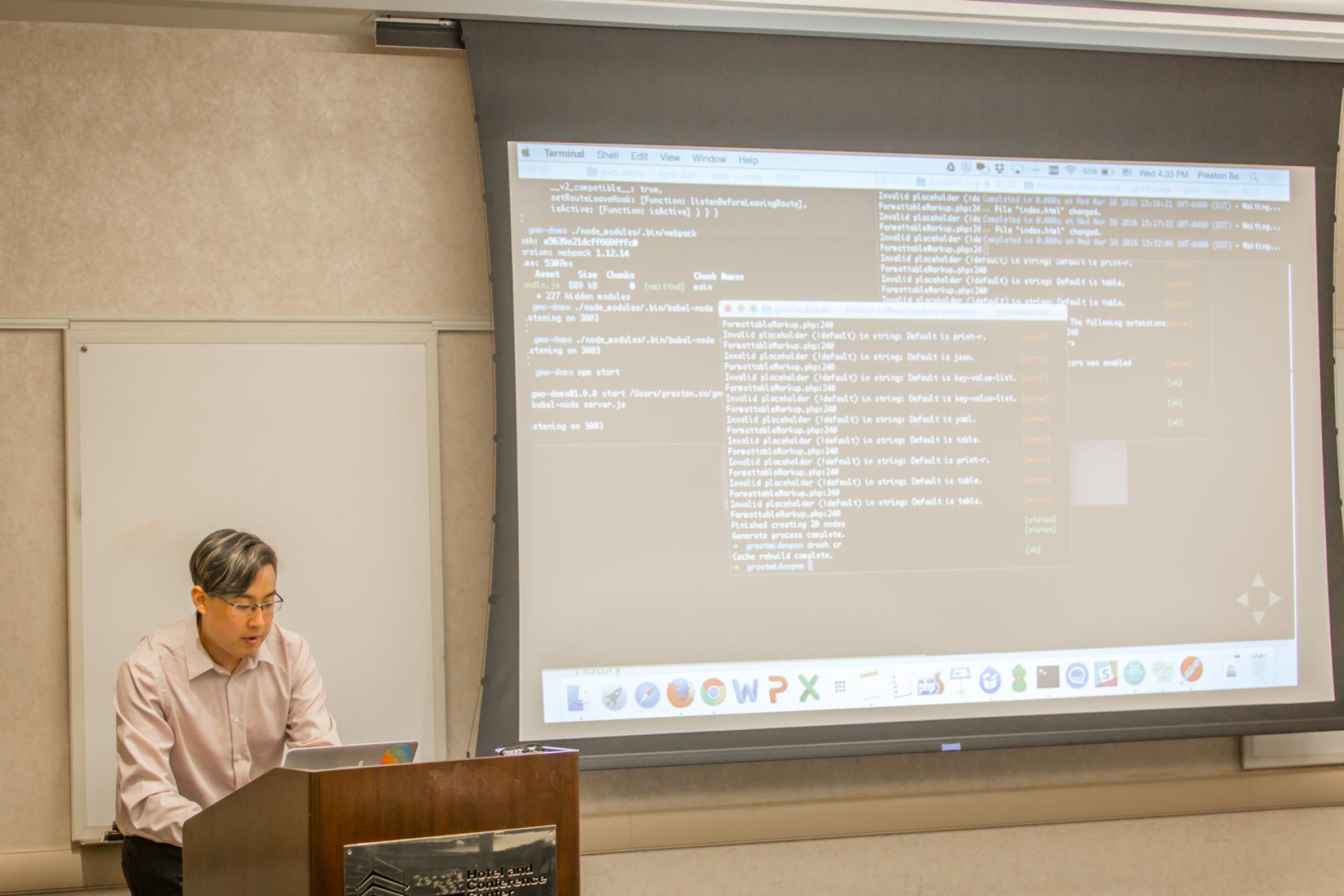
TDT [1]: Your career has encompassed a diverse range of roles and experiences across industries. How have these multifaceted experiences influenced your leadership style and approach across different domains, and what key lessons have you drawn from each phase of your professional journey?
Preston So: I've been lucky and deeply privileged to have had opportunities in every single dimension of the content management system (CMS) equation. Over the past 20 years, I've held roles as a consultant, freelancer, designer, developer, architect, evangelist, and product manager for various CMS companies. The biggest thing I've learned over those two decades is that just as no two companies are the same, no two teams and no two persons are the same.
It's essential to approach every new team you work with and every new organization you join with fresh eyes and a new perspective because what you may have learned from one company seldom applies perfectly to another. As a servant leader, I consider it among my most important responsibilities and biggest opportunities to get to know the people I work with as deeply as possible—to understand their unique viewpoints and cultural and personal traits that influence their work.
I firmly believe anyone can be a leader, but it requires radical empathy and radical vulnerability. It means setting out every single day to put yourself in the shoes of those you serve, whether a customer or a colleague, and doing the labor and heavy lifting to grok that person's lived experience deeply. No matter who you encounter and no matter their role, there is always something you can learn from them.
TDT [2]: Your extensive involvement in the Drupal community spans over 15 years, with contributions to projects like Spark and active participation in various user groups. How has this long-term engagement shaped your perspective on the evolution of Drupal and its community-driven ecosystem?
Preston So: I'm very fortunate to have been part of the Drupal community since 2007 when Drupal 5 had just been released, and the Drupal CMS was skyrocketing in adoption. This experience has instilled in me a deep and unyielding commitment to learning and building in public, especially the key tenets of open-source software. I'm constantly thinking about how others can leverage my work in open source, whether that means code or non-code contributions.
The evolution of Drupal and its community-driven orientation have inspired me deeply not only in my open-source career but also in contributing back in ways that don't necessarily revolve around lines of code. I'm honored to give back to open source through event organizing, particularly through Decoupled Days, the first and only non-profit headless CMS and commerce event. I think Drupal has a bright future ahead, and that's because of the wonderful people who sustain it.
TDT [3]: Your contributions to free & open-source and proprietary products have impacted millions of users and businesses. Can you share a specific example of a product or project you've architected and launched that you're particularly proud of and explain its significance?
Preston So: I'm incredibly proud of my work on the now-deprecated Waterwheel ecosystem back in the late 2010s. At the time, decoupled Drupal was a maturing ecosystem with a burgeoning toolset, but best practices were still in flux, and many developers were looking to Drupal core contributors, many of whom had never worked with JavaScript implementations, for guidance.
I authored the first version of Waterwheel.js, the JavaScript SDK for Drupal, which was soon joined in the Waterwheel orbit by Waterwheel.swift, an SDK for iOS applications written by Kyle Browning. That quickly led to a flurry of innovation in decoupled Drupal tooling, with innovative projects like Contenta, by Mateu Aguiló Bosch, emerging on the horizon. While Waterwheel no longer exists and survives solely in thought leadership content from the era, it ushered in a new era of immense advancement in the decoupled Drupal space that continues to this day.
TDT [4]: You are an esteemed speaker for Drupal MountainCamp 2024 and consistently engaged audiences with your talks at prestigious events like WebExpo. What motivates your passion for knowledge sharing, especially within the Drupal community, and how do you plan to tailor your upcoming presentation to resonate with web designers and developers attending Drupal MountainCamp? (Excuse the tense; the interview questionnaire was emailed before MountainCamp, although the completed answers were delivered post-event—Editor).
Preston So: I was fortunate to speak at Drupal Mountain Camp in 2017, and my passion remains the same as seven years ago: I love the look of recognition and understanding epiphany that often comes from audience members during a particularly inspiring or edifying talk. I entered the CMS world and the Drupal community by attending DrupalCon DC in 2009 and participating in local meetups in Colorado.
My keynote at Drupal Mountain Camp represented a sort of thematic homecoming for me in a sense. Seven years ago, I spoke about headless CMS architectures and their impact on the emerging decoupled Drupal paradigm. For my return to Davos, I focused on how many of those headless tenets are now going away in favor of novel architectural approaches that begin to erase the distinctions between monolithic and headless CMS.
TDT [5]: Your authorship of 'Decoupled Drupal in Practice' and 'Immersive Content and Usability' showcase your expertise in Drupal architecture and user experience design. Can you share insights into the inspiration behind these books and how they have contributed to your professional journey? Furthermore, are there any new book projects on the horizon that you're currently exploring or working on?
Preston So: Authoring four technical books—two development manuals and two design treatises—was certainly not part of my plan when I embarked on my career! I fell into authoring my first book, Decoupled Drupal in Practice, somewhat by accident in 2016-2017. At the time, I was writing a column about headless Drupal development, Experience Express, for the Acquia Developer Center in collaboration with my colleague DC Denison.
[Contextual Read: Books on Drupal: Essential Reading List for Decoding Drupal]
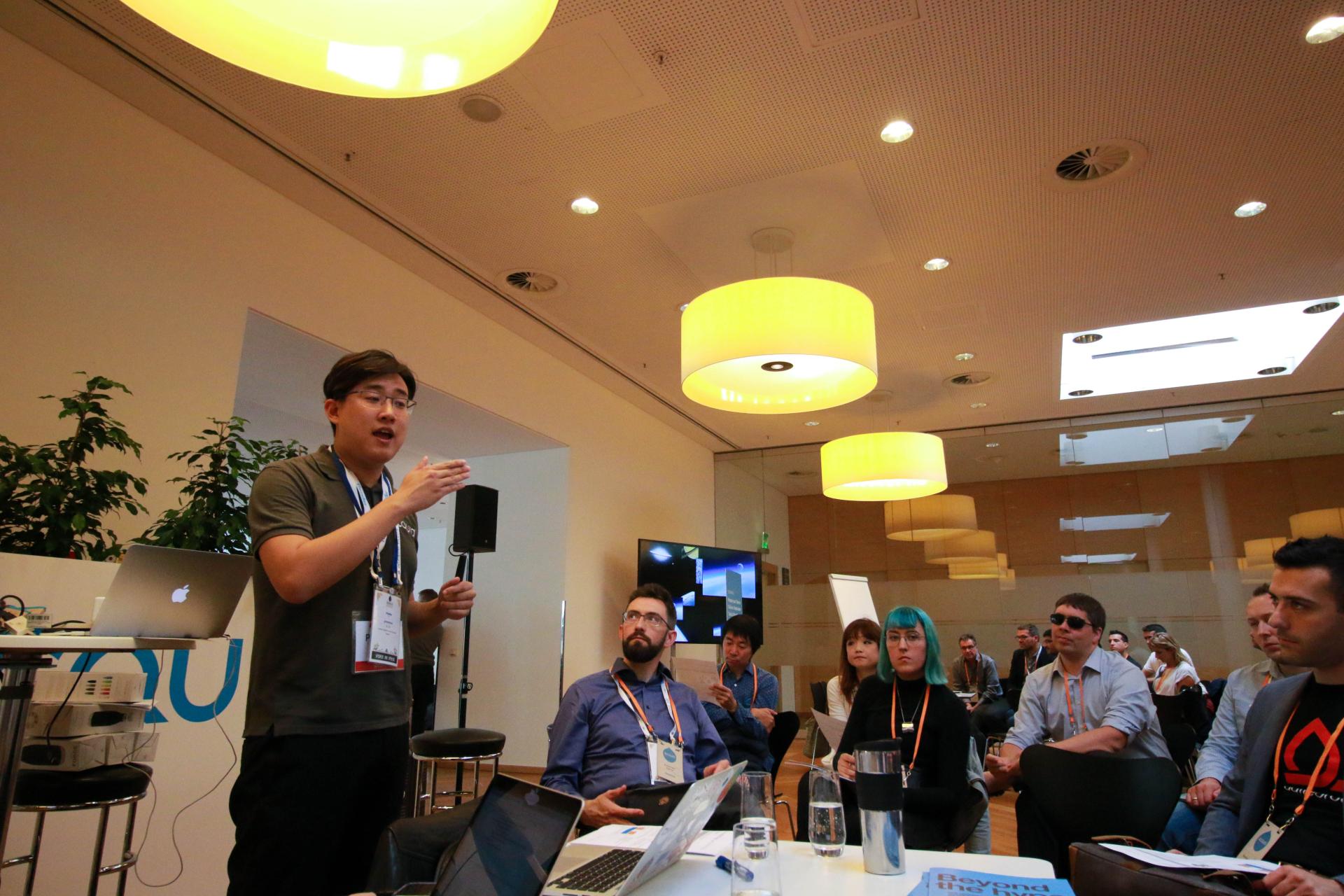
After writing about ten blog posts, I realized I already had enough material for a book about decoupled Drupal as a compelling discipline. I converted my initial blog posts into book chapters, fleshed out the rest of the book, and the rest is history. My focus when I write technical books is to identify an obvious gap or problem space in the market and to write the resources I wish I had when I was starting with these technologies.
I'm afraid I'm not currently pursuing any book projects in 2024. However, I'm brimming with ideas because I'm focusing more on my creative writing pursuits and somewhat letting my foot off the gas pedal when it comes to book authoring.
TDT [6]: As the visionary behind Decoupled Days and a dedicated advocate for community-building initiatives, how do you envision the future of Decoupled (both event and technology)?
Preston So: The era of decoupled Drupal is just beginning. I believe we're about to enter a new period of innovation in space, especially as we see cross-pollination occur between monolithic and headless ecosystems. Thanks to the current revolution in headless visual editing, we're already seeing that happen, a concept that is taking both new headless upstarts and established hybrid-headless players by storm.
As for Decoupled Days, we're just about to celebrate our seventh birthday as a conference organization. However, we're facing some significant challenges due to our loss of a consistent venue in New York City and the imminent shutdown of the Open Collective Foundation, our supporting partner. I've written a retrospective and an appeal for support to ensure that Decoupled Days survives for another seven years—and more.
TDT [7]: As a co-founder of the Southern Colorado User Group and a member of multiple other Drupal user groups, you've played a significant role in fostering local Drupal communities. What do you believe are the key ingredients for a thriving user group, and how do you approach community engagement and collaboration within these forums?
Preston So: Enthusiasm gets the momentum going at the beginning and drives initial attendance. However, for a user group to withstand significant headwinds, especially in this unstable tech market, it's important to have a community that derives personal and professional value from its work. We've seen this quite a bit with our work at the Decoupled Days conference; we continue to put in the work because we've gained many opportunities and privileges from building a grassroots event.
That means inviting great guests, providing great content, having great networking opportunities and hallway tracks, and ultimately offering a great experience that anyone can learn from and join forces with because they want to give back. We give back because we want to do something to return the favor to those who gave back for our benefit.
TDT [8]: Could you tell us about your freelance studio specializing in Drupal services? How do you stay abreast of the latest developments in Drupal and ensure that your clients benefit from cutting-edge solutions and best practices in web development and content management?
From 2004 to 2014, I operated a freelance studio, working with large and small clients in Brazil and the United States. I was also fortunate to win several accolades for my web design work. It was my first foray into the Drupal world, and I've kept apprised of the innovations and evolution happening in the Drupal space ever since.
Nowadays, I do less direct development work because there are so many engineering teams that are much more knowledgeable than I am, and my full-time coding days are over! Instead, I focus on architectural consulting for large enterprise organizations looking for support as they think through massive platforms or headless architectures. I also work with organizations looking for the sort of technical thought leadership I specialize in for enterprises. You can learn more about the sort of consulting I do at preston.so/work.
TDT [9]: Considering the perception of PHP and Drupal as less cutting-edge than technologies like JavaScript, particularly among younger tech enthusiasts, how can we actively promote Drupal to younger audiences?
Preston So: I think a perceived lack of interest in PHP and Drupal among younger tech enthusiasts is a bit overblown. I still routinely encounter students, especially those learning in traditional computer science programs at universities, who are well-versed in PHP and Drupal because of their relatively easy learning curve. I also very frequently meet early-career developers who have specialized deeply in PHP and Drupal because the jobs are still there for the technologies we work with. That said, I do think in the corporate world and among tech companies, PHP and Drupal certainly have lost some of their cachet.
My response is that Drupal and PHP both remain important technologies for young developers and students to understand, not solely for historical context but also because of their outsized impact on the web development ecosystem. It's my strong opinion that deeply understanding more established and fundamental technologies is the only way to truly become an expert in our field. PHP is still commonly taught in computer science programs, especially these days. I believe, just as I do with HTML and CSS, that new JavaScript developers should also endeavor to grasp the technologies that came before the ongoing golden age of JavaScript development.
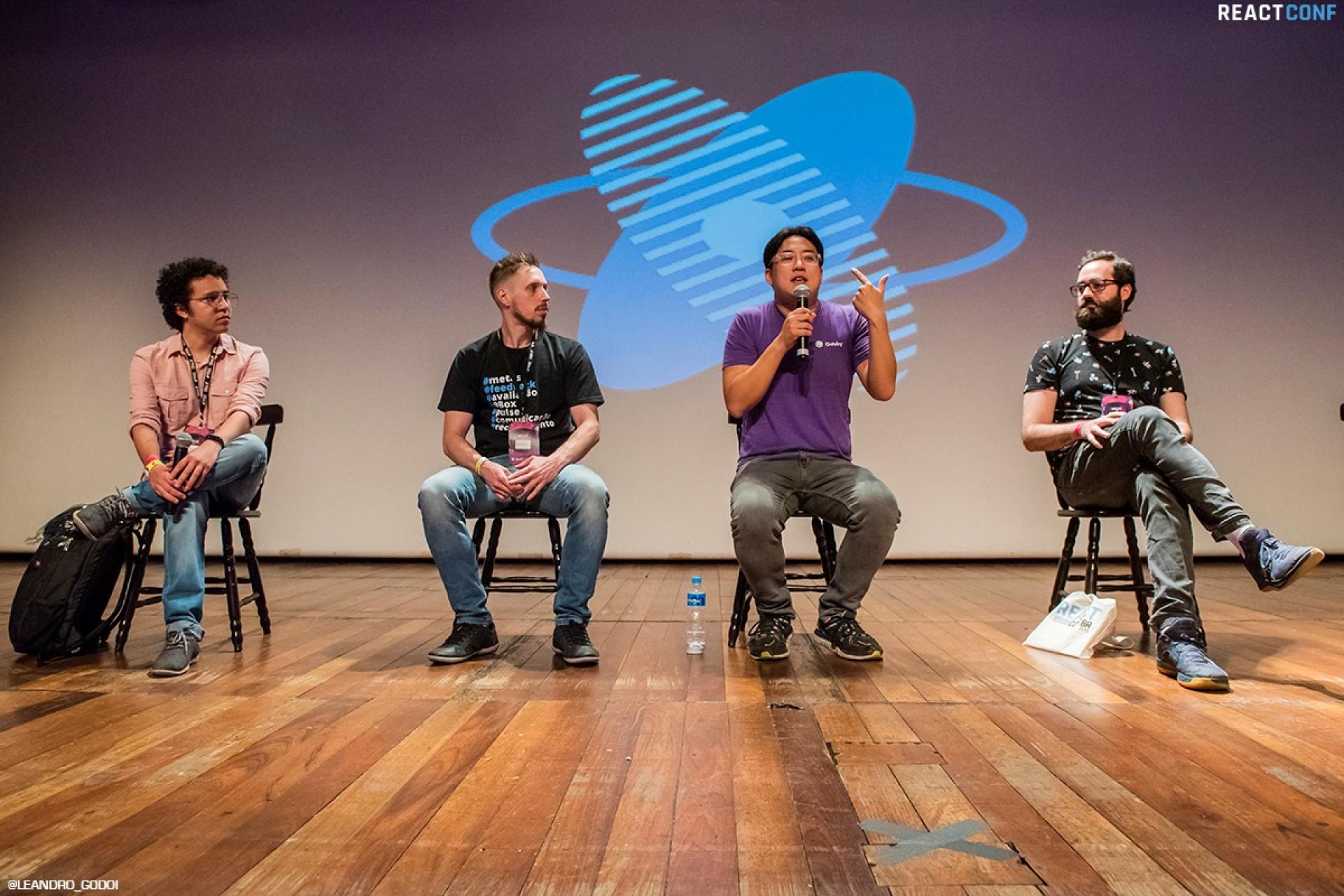
TDT [10]: Finally, what are your aspirations for 2024, both personally and professionally, and how do you plan to continue making an impact?
Preston So: I've just returned from a yearlong sabbatical, during which I was focused on my health, writing, and speaking. Just last month, I joined dotCMS, a hybrid-headless content management system with some very innovative and exciting features up its sleeve, as their Vice President of Product. I'm very excited to learn from a CMS ecosystem I'm less familiar with and to serve the product organization at a company whose instincts I've always admired.
Disclaimer: The information provided about the interviewee has been gathered from publicly available resources. The responsibility for the responses shared in the interview solely rests with the featured individual.
Note: The vision of this web portal is to help promote news and stories around the Drupal community and promote and celebrate the people and organizations in the community. We strive to create and distribute our content based on these content policy. If you see any omission/variation on this please let us know in the comments below and we will try to address the issue as best we can.



